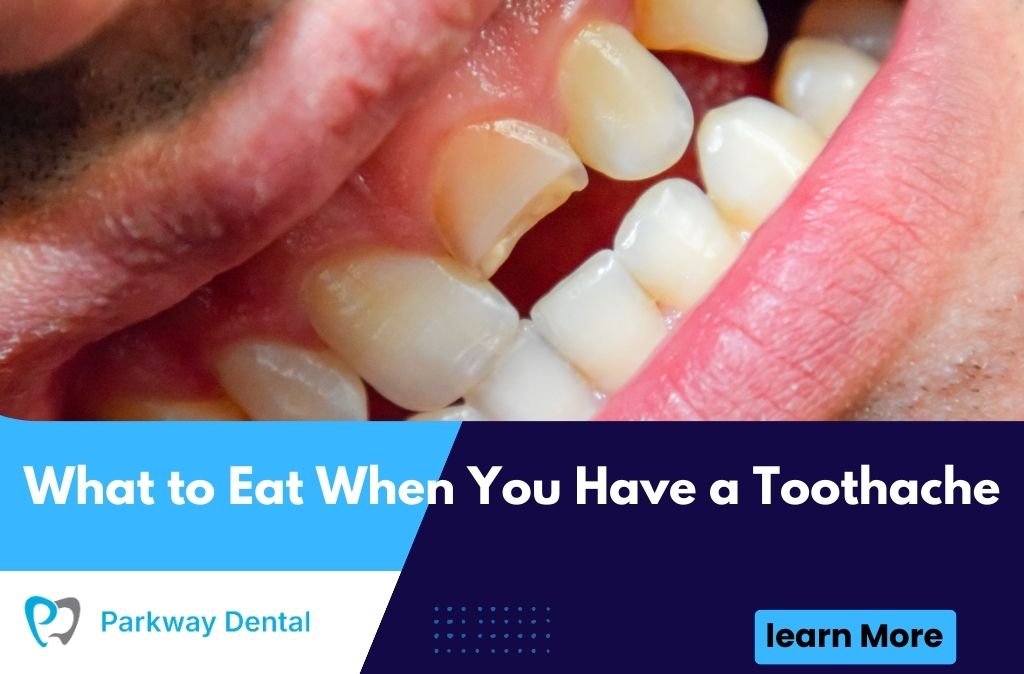Tooth extraction is a common dental procedure, but not all extractions are the same. Some teeth can be removed quickly and easily, while others require a more complex surgical approach. For residents of West Roxbury, MA, understanding the difference between simple and surgical tooth extraction can help you feel more prepared and confident before visiting your dentist.
Both procedures are performed by experienced dentists, but the method used depends on the condition of the tooth, its location, and your overall oral health. In this article, we’ll break down what a tooth extraction is, explain the differences between simple and surgical extractions, and help you understand which procedure may be right for you.
What is Tooth Extraction?
A tooth extraction is the removal of a tooth from its socket in the jawbone. While dentists aim to preserve natural teeth whenever possible, extraction may be necessary when:
- A tooth is severely decayed.
- Gum disease has loosened the tooth.
- The tooth is broken beyond repair.
- Wisdom teeth are impacted or painful.
- Overcrowding prevents proper alignment.
There are two main types of tooth extraction:
- Simple extraction
- Surgical extraction
What is a Simple Tooth Extraction?
A simple tooth extraction is performed when a tooth is visible above the gum line and can be removed with minimal effort.
Procedure for Simple Tooth Extraction
- Local anesthesia is applied to numb the area.
- The dentist uses instruments like an elevator and forceps to gently loosen and remove the tooth.
- Gauze is placed to control bleeding, and aftercare instructions are given.
When is Simple Extraction Needed?
- Severely decayed but intact teeth.
- Loose teeth due to gum disease.
- Teeth that are not impacted or broken below the gum line.
Benefits of Simple Extraction
- Quick and straightforward procedure.
- Minimal recovery time.
- Lower cost compared to surgical extraction.
What is a Surgical Tooth Extraction?
A surgical tooth extraction is more complex and involves removing a tooth that cannot be easily accessed or pulled out. This often happens when a tooth is broken, impacted, or still beneath the gums.
Procedure for Surgical Tooth Extraction
- Local anesthesia or sedation is administered.
- The dentist or oral surgeon makes an incision in the gum.
- Sometimes bone around the tooth is removed or the tooth is cut into pieces for easier removal.
- Stitches may be required to close the gum.
When is Surgical Extraction Needed?
- Impacted wisdom teeth.
- Teeth broken at or below the gum line.
- Severely infected teeth with roots difficult to reach.
- Teeth with unusual root shapes or positions.
Benefits of Surgical Extraction
- Allows removal of problematic teeth that can’t be treated otherwise.
- Prevents future complications like infection or misalignment.
- Can be combined with bone grafting for future dental implants.
Key Differences Between Simple and Surgical Tooth Extraction
| Aspect | Simple Extraction | Surgical Extraction |
| Tooth Visibility | Tooth is visible above gum line | Tooth is impacted, broken, or below gum line |
| Procedure | Forceps and elevator used | Requires incision, bone removal, or tooth sectioning |
| Anesthesia | Local anesthesia only | Local anesthesia with sedation or general anesthesia |
| Complexity | Quick and straightforward | More complex, performed by oral surgeon or specialist |
| Healing Time | Faster recovery (few days) | Longer recovery (1–2 weeks) |
Recovery and Aftercare: Simple vs. Surgical Extraction
Recovery varies depending on the type of tooth extraction. Simple extractions usually heal within a few days with minimal discomfort, while surgical extractions may take one to two weeks. Following your dentist’s aftercare instructions—rest, soft foods, pain management, and avoiding smoking—ensures proper healing and reduces risk of complications.
Pain and Discomfort
- Simple extraction: Mild soreness, usually managed with OTC pain relievers.
- Surgical extraction: More significant pain and swelling, requiring prescription medication.
Healing Time
- Simple extraction: Heals within a few days.
- Surgical extraction: May take up to two weeks for full recovery.
Eating and Drinking
- Both require a soft diet for the first few days. Avoid hot, spicy, or hard foods.
Bleeding and Swelling
- Simple extraction: Minimal bleeding.
- Surgical extraction: Swelling and bruising more common.
Post-Operative Instructions
- Avoid smoking, using straws, and vigorous rinsing.
- Use ice packs to reduce swelling.
- Follow your dentist’s aftercare plan carefully.
Risks and Complications of Tooth Extraction
Both types of extraction are safe, but potential risks include:
- Dry socket (delayed healing of the gum).
- Infection at the extraction site.
- Nerve injury (rare, more common in surgical extractions).
- Prolonged bleeding.
Residents of West Roxbury, MA should contact their dentist immediately if they experience severe pain, fever, or excessive bleeding after extraction.
Cost of Simple vs. Surgical Extraction in West Roxbury, MA
- Simple extraction: Typically more affordable, ranging from $100–$300 per tooth.
- Surgical extraction: Costs more, usually $250–$600 depending on complexity.
Most dental insurance plans cover part of the cost, especially if the extraction is medically necessary.
Why Choose a Professional Dentist in West Roxbury, MA?
Whether you need a simple extraction or a surgical extraction, choosing an experienced local dentist ensures:
- Safe and effective procedures.
- Use of advanced dental technology.
- Personalized pain management options.
- Proper aftercare and follow-up.
Conclusion
Understanding the difference between simple and surgical tooth extraction helps patients know what to expect and how to prepare. Simple extractions are straightforward and quick, while surgical extractions handle more complex dental problems.
If you are in need of tooth removal, consult a trusted Dentist in West Roxbury, MA who can recommend the best option for your situation and ensure safe, effective treatment.
FAQs
How do I know if I need a simple or surgical extraction?
Your dentist will determine this based on X-rays and an oral exam.
Is surgical tooth extraction painful?
No, anesthesia and sedation keep you comfortable during the procedure.
How long does recovery take?
Simple extractions heal in a few days, while surgical extractions may take 1–2 weeks.
Can I go back to work after an extraction?
After a simple extraction, yes, often the next day. Surgical extractions may require more rest.
Will I need stitches after a surgical extraction?
Yes, in many cases stitches are placed to help healing.
What foods should I eat after extraction?
Soft foods like yogurt, mashed potatoes, smoothies, and soups are best.
Can wisdom teeth require surgical extraction?
Yes, impacted wisdom teeth almost always need surgical removal.
Is tooth extraction covered by insurance?
Most insurance covers extractions that are medically necessary.
Can I replace my extracted tooth?
Yes, options include dental implants, bridges, or dentures.
How can West Roxbury residents find the best dentist for extractions?
Look for an experienced dentist who offers both simple and surgical extractions with modern technology and patient-focused care.






